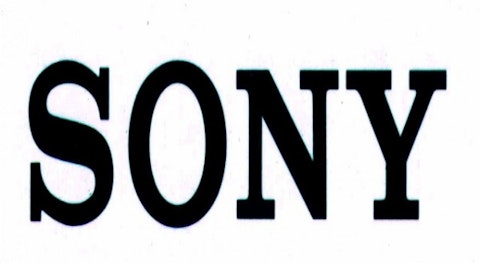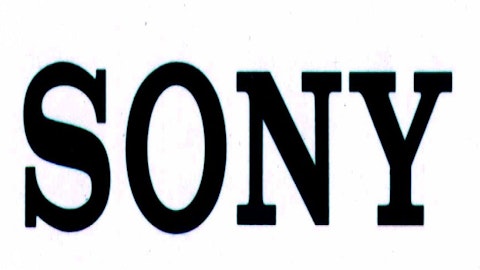Sony Corporation (ADR) (NYSE:SNE) unveiled the Playstation 4 to a warm and enthusiastic reception at the Electronic Entertainment Expo while the reception for Xbox One was noticeably lower key. With hardware capability roughly comparable to Xbox One, Sony created a competitive edge by exploiting Microsoft Corporation (NASDAQ:MSFT)’s digital rights management (DRM) mis-steps.
Antagonizing the community
Microsoft had chosen XBox One (XB1) to introduce the most restrictive game DRM system yet for consoles, and this antagonized many in the gaming community. Your XB1 doesn’t have to be connected to the Internet all the time, but you have to check in with Father Microsoft once a day.
Microsoft Corporation (NASDAQ:MSFT) had publicized these and other restrictions on selling or trading used games prior to E3, so Sony Corporation (ADR) (NYSE:SNE) saw its opportunity. At Sony’s press conference they announced a policy of zero restrictions on used games as well as no requirement for Internet connection to play single player games. Combined with undercutting XB1 by $100 at $399, Sony’s coup was complete.
The vast majority of articles written about the E3 tussle between Sony Corporation (ADR) (NYSE:SNE) and Microsoft draw the same conclusion of Forbes writer Paul Tassi in his article “PS4’s Price and Policies Humiliate Microsoft’s Xbox One at E3.” Informal online opinion polls also seem to confirm the anti-Microsoft sentiment. IGN’s “Who is Winning E3?” poll showed Sony ahead 80.9% to Microsoft Corporation (NASDAQ:MSFT)’s 12.3%. An LA Times poll asked which console “Are you most likely to buy” and PS4 won 63.4% to XB1 at 27.3%.
It’s too bad that Microsoft has shot itself in the foot this way, since the XB1 offers some technical advantages. After seeing the PS4, I consider the XB1 hardware and software to be better integrated, since the XB1 operating system is derived from Windows 8. XB1 offers a broader range of non-gaming services and capabilities. As I indicated in my article “Microsoft’s Most Important Hardware” I liked the fact that XB1 was basically a Windows 8 PC that could serve as the center of a multi-mode home entertainment system.
To achieve this multimode role, Xbox Kinect was really essential, since it provides convenient gesture control of the Windows 8 style home screen. But it’s apparent that most gamers really don’t want Kinect and really don’t like having to pay the extra $100 dollars for it. Sony Corporation (ADR) (NYSE:SNE)’s decision to make their own Kinect-like sensor an optional accessory appears to be, once again, intelligent marketing based on understanding their core constituency.
Moving beyond the core
Microsoft Corporation (NASDAQ:MSFT) clearly wants to move beyond the core gamer and has positioned XB1 to serve a broader range of interests and provide a broader range of entertainment. In that context, is it really so painful to require that XB1 be always connected to the Internet? Once that ethernet cable is connected to the back of the console, either console, it’s unlikely to get disconnected.
Plus, Microsoft revealed at E3 that there’s an even more important role for their cloud services than providing on-line stores for games and movies. Game developers will be able to use Microsoft’s cloud servers to perform AI computations and run environment simulations that would be beyond the capability of the console. Game developers will be able to endow game characters with more smarts, and advance timelines in games even when they’re not being played.
XB1 game DRM will probably continue to be a sticking point with gamers, however, as Microsoft Corporation (NASDAQ:MSFT) is just acceding to the wishes of the Game Industry. Developers don’t like the lost revenue from uncontrolled trading and reselling of used games. Microsoft is offering to host a trading and gift system for used games, but I doubt this will satisfy many people.
Game developers will be more attracted to a platform with secure DRM, just as mobile app developers are attracted to iOS for the same reason. The greater availability of high value games may overcome the resistance of gamers to the DRM system. Market forces will decide this one. If Microsoft decides that their DRM system is keeping XB1 from meeting their sales expectations, they’ll make the necessary adjustments.





